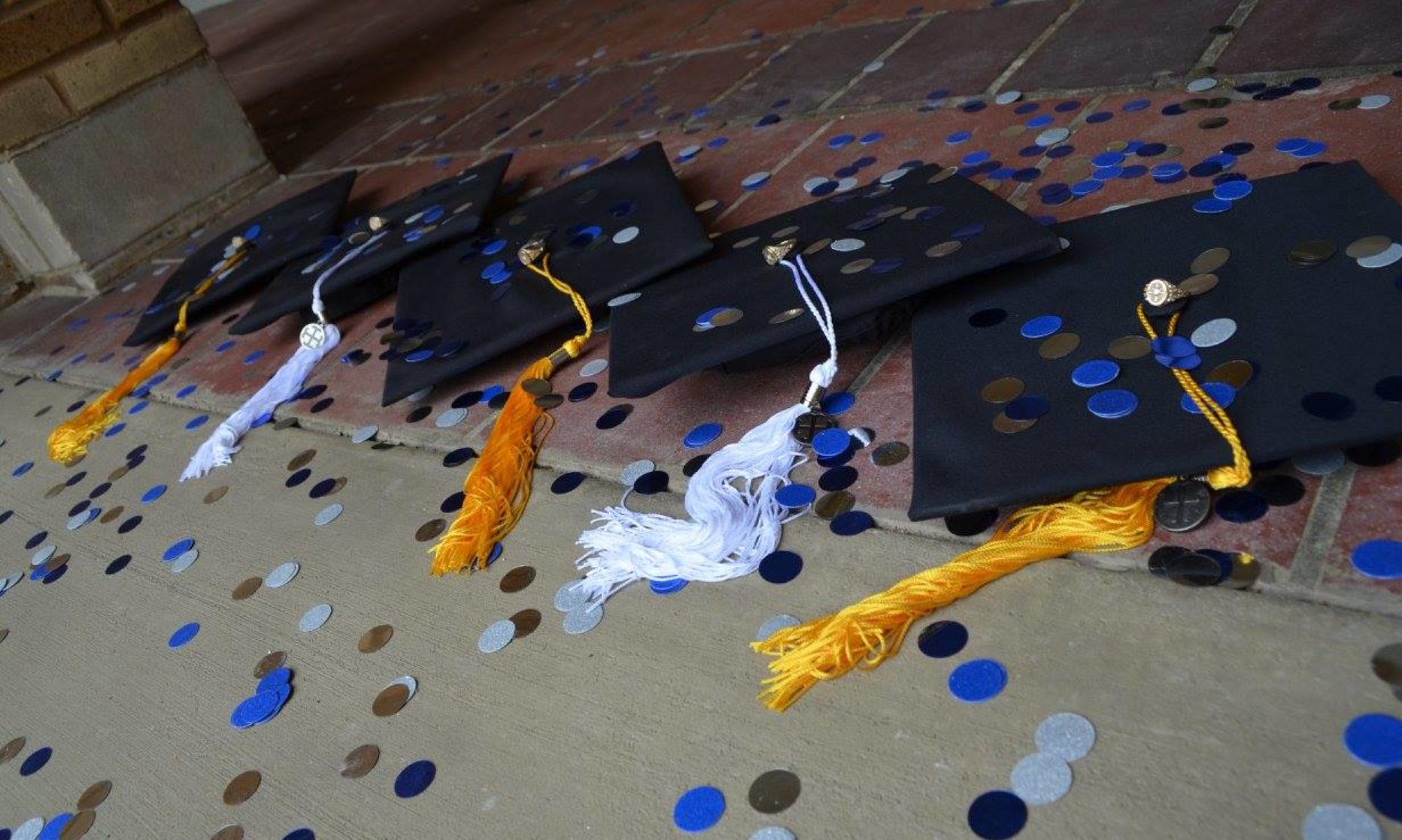The Challenger disaster was absolutely something that could have been avoided. The physical cause of the malfunction was a failed seal on a rocket booster cause by erosion on an O ring seal. The real root cause, in my opinion, is a failure of communication and terrible decision making.
In “How Challenger Exploded, and Other Mistakes Were Made,” we are provided examples of data and graphs provided to NASA by the engineers. I find the data and graphs hard to read and understand. I know nothing about O-rings, but I can see how the data provided may be unclear. However, despite the poorly constructed data, NASA should have listened more closely to the engineers, and the engineers should have pushed harder with their opinions. Also, whether the engineers shared easily readable data or not, NASA was informed that the O-ring would probably fail, and that should have been information enough to delay take off. NASA was warned about the major malfunction, and a NASA manager’s response was “My God, Thiokol, when do you want me to launch — next April?” The response to that statement should have been yes, wait to launch until it is safe. It is also shared that opposite to normal protocol, NASA requested the engineers try “to prove beyond a shadow of a doubt that it was not safe” to launch. NASA should have been trying to protect the astronauts on board, not trying to launch no matter what.
I think Roger Boisjoly was ethical in sharing the information with the public. It should have acted as a push for NASA to do better in the future. Instead of being a situation for NASA to point fingers, it should have been taken as a lesson in better communication and a lesson in better, more thoughtful decision making. However, NASA learned nothing from Roger Boisjoly’s warning. Instead the same thing happened seventeen years later when the Columbia malfunctioned on re-entry and killed another 7 astronauts. This was another malfunction that could have been avoided and lives could have been saved. In this case, NASA managers and Thiokol managers were in the wrong by not sharing what they knew and taking responsibility for the deaths of 7 people. Roger Boisjoly should have been a hero. His opinion on his creation should have been taken more seriously and lives should have been saved. His sharing of information on the malfunction should have been a huge lesson for NASA saving lives in the future, but it was not. Instead, poor Roger Boisjoly was shunned from doing what he loved, for standing up for what he loved, and his career, life, and everything were destroyed.
The culture of “whistleblowing”has unfortunately discouraged stepping up, speaking out, admitting fault, and making redesigns.” The way whistleblowing is handled makes companies less trustworthy. When faced with a serious problem that could have been avoided at General Motors, the CEO of GM said “If you are aware of a potential problem affecting safety or quality and you don’t speak up, you’re part of the problem, and that is not acceptable. If you see a problem you don’t believe is being handled correctly, elevate it to your supervisor. If you still don’t believe it’s being handled correctly, contact me directly.” However, an investigation from BusinessWeek “detailed the repeated, failed attempts of one internal whistleblower to fix the problem.” It makes me feel like I can not trust these companies and their products. If they are going to “go out of their way to hide [problems] and fight the people who expose them,” then why should I trust that their products are not going to malfunction and hurt me.
It seems to me that punishing whistleblowers who have the intent to better the company is wrong. I do agree that some people whistle blow for the wrong reasons, and these situations do require repercussions, however some whistleblowers, like Boisjoly, have a good intent, and should be able to continue to live their lives. In “How Challenger Exploded, and Other Mistakes Were Made,” it is said:
The trick is knowing which errors must be addressed and which can be accepted, and which are being accepted simply because we fail to see how dangerous they are.
I think some whistleblowers like Boisjoly truly are trying to make the world a better place, because some errors are being wrongly accepted as “risk.” Being an astronaut is a risky thing. The 14 astronauts killed in both Challenger and Columbia probably understood that there was a chance of death, but the were also probably under the impression that NASA had the best intentions to get them home safely. After hearing the accounts of Boisjoly, I would not have trusted NASA with my life. NASA should have learned.
